European Central Bank Expected to Halt Monetary Tightening in Response to Inflation Concerns
Doha, October 21st - Qatar National Bank (QNB) anticipates that the European Central Bank (ECB) is likely to temporarily suspend its policy of monetary tightening due to decreasing inflation rates, current financial challenges, and economic fragility.
In its weekly report, the bank stated that given the weak economic conditions, raising interest rates may not be necessary and could potentially pose risks that may push the economy into a deep recession.
The report further emphasized that current interest rates will remain unchanged for the foreseeable future until inflation approaches the target set by the ECB.
The report highlighted that a combination of exceptional shocks within the Eurozone and corresponding economic policy responses resulted in elevated inflation levels between 2021 and 2022. This inflation surge occurred during the COVID-19 pandemic.
In a related context, the report pointed out that lockdowns restricted supply, while accommodative monetary and fiscal policies bolstered demand, leading to exceptional price increases by manufacturers and retailers. This evolved into a more extensive inflation wave as European economies reopened, and this inflation was later exacerbated by the shock of the Russo-Ukrainian conflict, rapidly driving overall inflation to peak at 10.6% in October 2022, after being at -0.3% in 2020.
The European Central Bank responded to the inflation surge by embarking on a record tightening cycle to reintroduce inflation to the targeted 2%, which had been significantly deviated from. Subsequently, interest rates were raised ten times, totaling a 450-basis-point increase, reaching an interest rate of 4.5%.
The report indicated that the ECB recently announced its intention to halt the monetary tightening cycle since current interest rates are considered suitable. If maintained for an extended period, they will aid in a timely return to the targeted inflation rate.
The report identified three reasons that suggest the ECB's governing council is likely to temporarily suspend the tightening cycle, shifting to a wait-and-see approach to evaluate its impact on the economy. First, there has been a significant decline in inflation from its peak of over 10%, with data indicating that overall inflation decreased from 10.6% in October 2022 to 4.3% in September of the current year.
Core inflation, which excludes volatile items like food and energy, has started to decline in April 2023, with a substantial drop of 0.6 percentage points in September. Long-term expectations have remained low, now approaching the targeted 2%. Therefore, declining inflation rates and contained expectations support the temporary halt in interest rate increases.
Among other reasons, the bank considered that the regular cycle of interest rate hikes and fiscal normalization by the ECB had tightened financial conditions to exceptional levels. The Financial Conditions Index for the Eurozone provides a valuable summary of credit costs and combines short- and long-term interest rate information. The index began a consistent upward trend in July 2022 and is currently at levels only recorded during the worst stages of the global financial crisis when the European economy faced a credit crunch and asset prices plummeted.
In addition to raising interest rates, the ECB continued to reverse public budget expansion implemented during the pandemic to support economic activity. The ongoing quantitative tightening process is siphoning excess liquidity created by exceptional and temporary financial system measures. This reduction in liquidity, coupled with increased credit costs, led to declining credit volumes, which are now contracting in real terms and will continue to do so in the coming months.
On the other hand, economic activity experienced widespread recession during the first half of the year, with indicators pointing to further weakness in both the services and manufacturing sectors. The Russo-Ukrainian conflict resulted in reduced energy availability and increased prices, significantly affecting the manufacturing sector, with industrial production decreasing by 4% from its December 2021 peak.
In Germany, the leading industrial powerhouse in the Eurozone, the energy crisis exacerbated structural headwinds such as tax hikes and labor shortages, leading to a sharp contraction. Currently, the German manufacturing sector is down by 7.4% from its February 2020 level, continuing the downward trend that began in 2017. Throughout the region, the service sector has been resilient enough to prevent a recession in the first quarter. However, short-term indicators show a recent recession, or even full-scale contraction over the past months.


